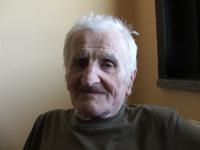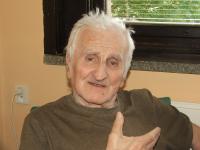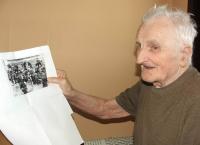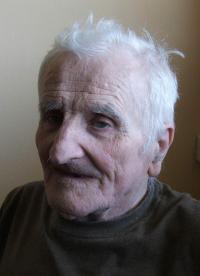A sabotage maker on the railways of the German empire

Download image
He was born in 1921 in Uzgorod in Carpathian Russia in the family of a former legionnaire from Zborov. His father had served under the at that time lieutenant colonel Ludvík Svoboda. As a kid he used to play with Ludvík Svoboda´s children, with his daughter Zoe and son Mirek. In 1939 they had to evacuate from Uzgorod, the family moved into the father´s native Svojanov near Svitavy. Josef found a place at the railway as a shunter. In 1940 he got the command to work in Germany, like many other young people from the year 1921. He was sent to forced labour on building sites near Kassel, some time later he had to take up work as a shunter in a shunting railway station of the empire railway in Hannover. On German railways in the surroundings of Hannover he did various kinds of sabotages, he added water or sand to grease boxes of the wagon axles. In 1944 he was arrested and sent into the concentration camp Bergen-Belsen. He returned to Czechoslovakia first in July 1945, as the railways in Germany were broken. After the war he served in the army. Josef Jedlička took part for example in the transfer of money used during the monetary reform in 1953 to the Soviet Union. For the whole his life he worked either at the railway, or in the army. He was retired as a trainer of the civil defence at the Generality of the Czechoslovak people´s army.




